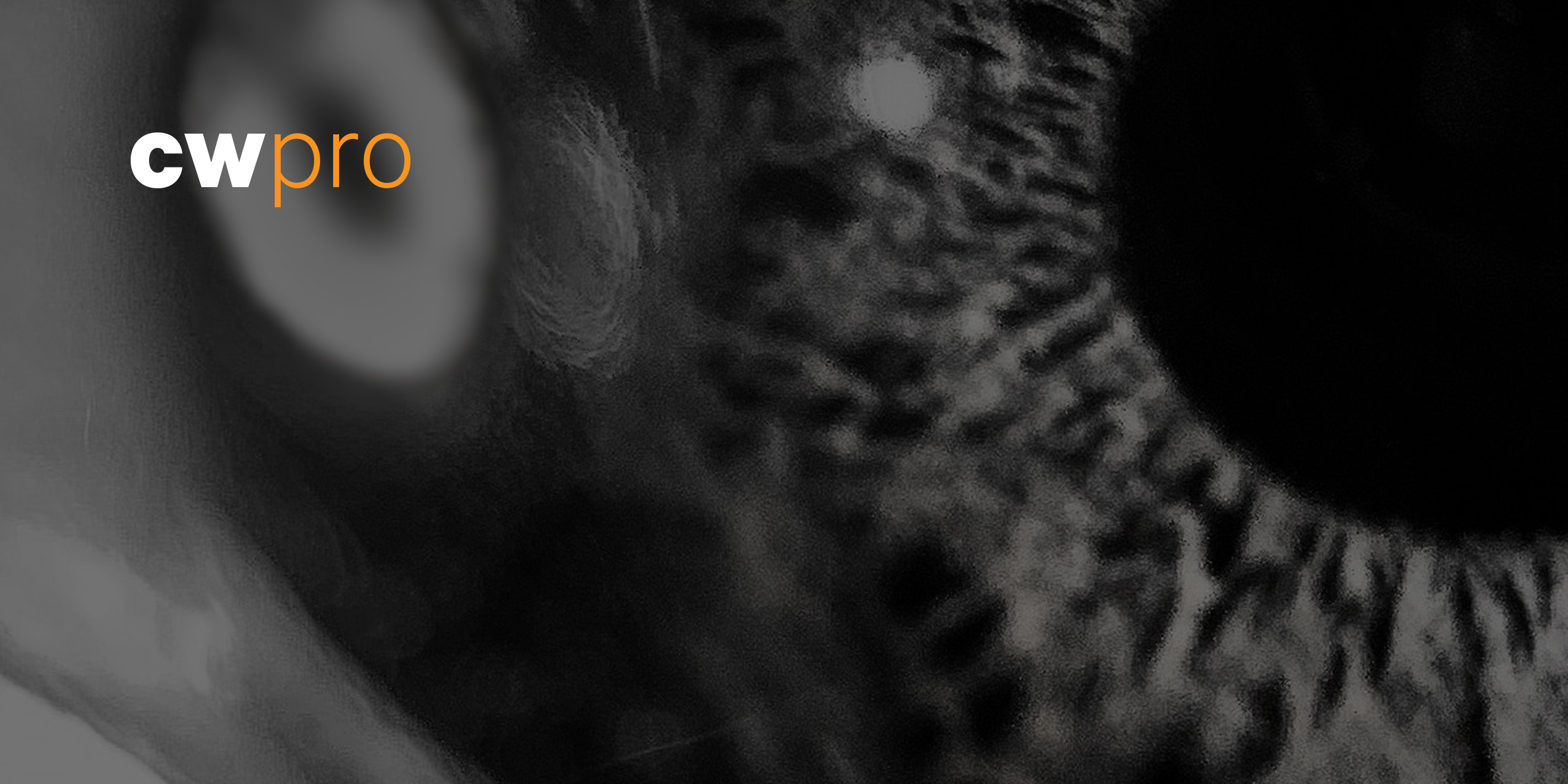Today at a glance.
- The Bezos hack is under investigation, and most think the Saudis did it (and that coordinated Twitter mob isn't helping the case for Riyadh's innocence).
- Spyware and data extraction technologies amount to an alternative to backdoors.
- Verizon offers a privacy-respecting search engine.
- Few seem interested in filing a claim under the Equifax breach settlement.
If Mr. Bezos can be hacked, how about you?
We should all be terrified, says a New York Times op-ed as it reflects on what the United Nations' Special Rapporteurs disclosed this week. It's not clear, yet, how the richest man in the world got his phone hacked, but despite Saudi sniffing that thinking the Crown Prince did it amounts to "absurd" nonsense, it still does look as if Saudi Arabia had its fingers in the incident. The coordinated Twitter outrage that Forbes and others report boiled up this week against Jeff Bezos and Amazon would seem to suggest some unusual Saudi sensitivity on the matter.
Who needs a backdoor if you've got reliable data extraction?
The FBI revealed to a US Federal judge that it has succeeded in extracting data from an iPhone 11, the International Business Times reports. If that's so, many wonder, what's the Department of Justice after in the crypto wars? Reflecting on an overview of data extraction One Zero published earlier this week, an essay in Digital Trends asks this question, and quotes industry leaders to the effect that, well, data extraction is at least better than backdooring every device, everywhere and all the time.
Verizon promises privacy.
Telco giant Verizon is offering a new search engine, One Search, that will feature what the company calls an "Advanced Privacy Mode" designed to preclude sharing user information, particularly browsing habits, with third-parties, particularly advertisers. The Register rather sourly expresses skepticism about the product, citing earlier problems with Verizon's handling of PII, but the company's move is consistent with a broader recognition that customers value their privacy enough to make circumspection about collection and sharing a desirable feature. Besides, there's not just GDPR to worry about, but CCPA as well.
The deadline to file an Equifax claim has come and gone.
Most of those who could have made claims seem to have sat this one out. The New York Times reports that few of the hundred-forty-seven-million people affected bothered to file. Individual cash damages were capped at $125, and, given that the money the settlement set aside for cash payments was only $31 million, had all those clobbered by the breach made a claim each of them would have received only seven bucks. Given the amount of information you'd have to submit, few people are willing to go through the trouble for what amounts to a sub-minimum wage.
